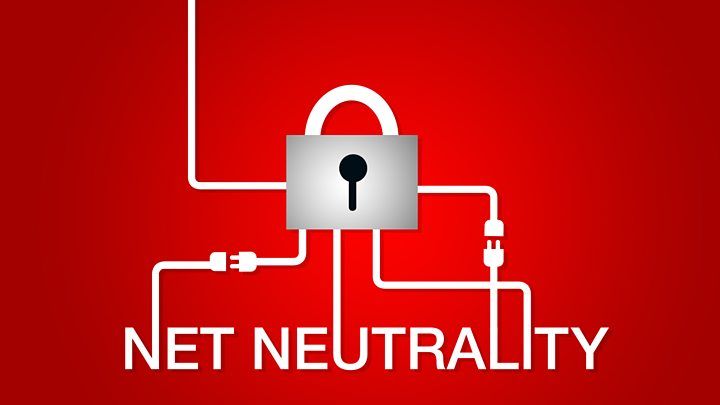Google+ eliminates its Real Name Policy
- By Paul Rubell
- •
- 06 Aug, 2014
Effective July 15, 2014, Google+ eliminated its Real Name Policy. Now, Google+ permits users to use any name, real or fictitious, on their Google+ profiles.
Since its launch of Google+ more than three years ago, Google had strictly enforced its “Real Name Policy”. Google required users to use their real names on their Google+ profiles. Google+ Real Name Policy was similar to those of other social media websites such as Facebook and LinkedIn, which require their users to use their real names on their profiles. To create a Google+ profile, a user had to input jer first and last name, and a valid email address. Additionally, users could not use any numbers or symbols in their profile names. According to Google+, its Real Name Policy was meant to ensure that its users were “made up of real people”. In addition, the Policy was designed as a way to avoid trolling and spamming, because it prevented anonymous comments, and held users accountable for their posts and reviews.
Image: Hello, My Name is . . ., a Creative Commons Attribution Share-Alike (2.0) image from psanford’s photostream.
Google+ has now eliminated its Real Name Policy. Google+ users are now allowed to use any name, real or fictitious, on their Google+ profiles.
Why change now?
The Google+ Real Name policy was greatly criticized by YouTube users, after Google integrated Google+ and YouTube at the end of 2013.
YouTube’s name policy has long allowed users to use fictitious names on their YouTube profiles. This enabled YouTube users to make anonymous comments about any video on the Youtube website.
Google received many complaints from YouTube users about poor quality comments, inappropriate content, and cyber-bullying from anonymous users. To rectify this problem, Google imposed a requirement that if a YouTube user wished to make comment or like a video on the YouTube website, that user was required to have a Google+ account. Any comments made on YouTube would appear with the “real name” of that user’s Google+ profile.After the implementation of the “real name” requirement at the end of 2013, Google+ was flooded with complaints. YouTube users wanted to use their YouTube accounts anonymously and without creating Google+ accounts with their real names.
As the result of these complaints, Google has at last decided to eliminate its Real Name Policy, thereby enabling its users to use fictitious names on Google+ profiles and YouTube profiles.
Now, Google+ will allow people to use any name to create her own Google+ profile.
Current users will be permitted to change their profile names to any name they choose, including fictitious names. By changing your Google+ profile name, you will also change your name for all Google services (i.e. Gmail, YouTube channel, etc.). For example, a YouTube user using an alias on her YouTube profile is now able to use her same alias on her Google+ profile, and to make comments on the YouTube and Google+ websites without having to reveal her real name.
The Google+ policy only allows users to change their names a limited number of times. In addition, the new Google+ policy still forbids impersonation and the use of foul language.
It is unclear whether Google’s elimination of its G+ Real Name Policy will result in the reappearance of trolling issues and cyberbullying issues on the YouTube website and also on Google+.
This, like so many other cyberspace issues, remain to be seen.
What do you think about this sea change in Google’s policy?










